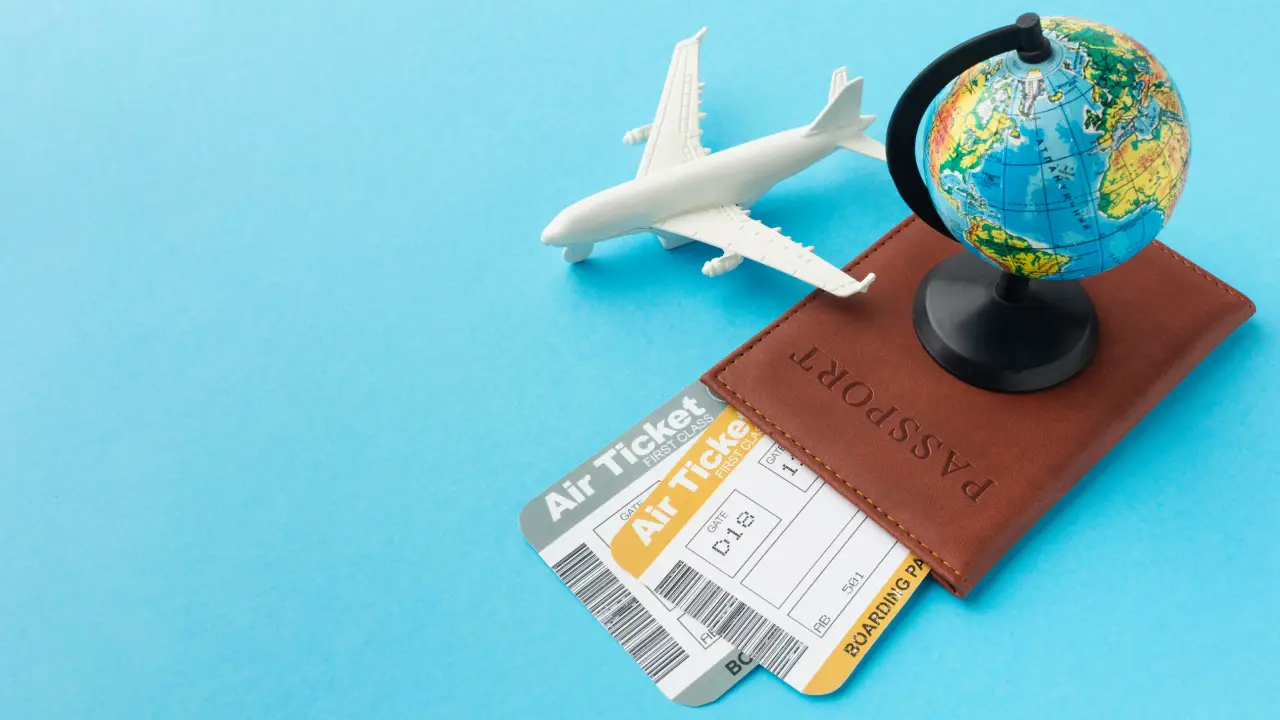
Major Draw Sees 6,000 Invitations: What It Means for Applicants in London, ON
Significant Draw Activity Points to Ongoing Invitation Trends
The federal immigration system saw a notable development on October 29, 2025, when Immigration, Refugees and Citizenship Canada (IRCC) issued 6,000 Invitations to Apply (ITAs) in a draw focused on French-language ability. This event stands out as one of the largest selection rounds of the year. It continues a clear pattern in how IRCC is managing applications this year. For residents and applicants in London, Ontario, this recent activity highlights ongoing opportunities for those considering immigration through Express Entry.
Candidates qualified for the October 29 draw if they had a CRS score of 416 or higher and submitted their profile before 3:27 p.m. UTC on September 8, 2025. The size of this draw and the relatively moderate CRS cut-off have attracted attention from many individuals exploring their options to either settle in Canada or transition from temporary status.
Why Authorities Prioritize French-Language Ability
The draw is part of a broader national policy direction. Canada has stated goals to maintain and strengthen French-speaking communities across the country, particularly outside Quebec. This aligns with ongoing national commitments under the Official Languages Act, which supports the presence of both English and French in daily life.
Throughout 2025, draws centred on French-language skills have consistently resulted in large numbers of invitations. So far this year, 36,000 invitations have been issued through these French-language selection rounds. This number is currently higher than any other stream within the system.
For individuals in London, ON, this trend may be meaningful, especially for those who are bilingual, work in bilingual environments, or are studying French. Even a moderate level of French-language proficiency, if well-documented, may increase eligibility depending on how IRCC structures future draws.
Recent Activity Across the System in October 2025
The October 29 draw was the seventh one held throughout October. This month included draws for several different program categories. Here are some of the key activities:
| Date | Draw Category | ITAs | CRS Cut-off |
| October 29 | French-language proficiency | 6,000 | 416 |
| October 28 | Canadian Experience Class | 1,000 | 533 |
| October 27 | Provincial Nominee Program | 302 | 761 |
| October 15 | Healthcare and Social Services | 2,500 | 472 |
| October 14 | Provincial Nominee Program | 345 | 778 |
| October 6 | French-language proficiency | 4,500 | 432 |
| October 1 | Canadian Experience Class | 1,000 | 534 |
This month’s activity shows a steady rotation across selection streams. Some draws consider direct Canadian work history.
In contrast, others align with provincial nomination programs or specific occupational needs.
This range has created multiple points of entry for applicants who may be living in Canada temporarily, working in local industries, or preparing immigration documentation while living outside the country.
Express Entry Trends in 2025
So far, 80,485 ITAs have been issued through Express Entry this year. The year has featured draws across several main categories:
| Category | Number of Draws |
| Provincial Nominee Program | 20 |
| Canadian Experience Class | 11 |
| French-language proficiency | 7 |
| Healthcare and Social Services | 5 |
| Education | 2 |
| Trade | 1 |
Although the Provincial Nominee Program category has had the most draws, the most invitations overall have gone to French-language applicants and those selected through the Canadian Experience Class.
This suggests that both language skills and Canadian work experience remain central to how applicants move through the Express Entry system.
How Many Invitations Have Been Issued by Category This Year
Here is how ITAs have been distributed across categories so far:
| Category | ITAs Issued |
| French-language proficiency | 36,000 |
| Canadian Experience Class | 22,850 |
| Healthcare and Social Services | 9,792 |
| Provincial Nominee Program | 7,249 |
| Education | 3,500 |
| Trade | 1,250 |
These numbers reflect where IRCC sees ongoing needs within the labour market and population planning. For residents of London, ON, where industries such as healthcare, manufacturing, education, and administrative services are well-established, this variety of draws may connect directly with local career pathways.
Why This Matters for Applicants in London, Ontario
London has a growing community of workers who may be considering settlement pathways. Some individuals are international students finishing programs at Western University or Fanshawe College. Others are temporary workers in sectors such as healthcare, logistics, and trades. Some applicants are living abroad and are evaluating Canadian cities based on affordability and work opportunities.
The Express Entry system remains a central route for those planning to settle permanently in Canada. While cut-off scores change draw by draw, the system remains points-based, meaning factors such as age, education, language level, employment history, and job offers can influence an applicant’s positioning.
Those in London who have begun studying or improving their French may find that even incremental progress can have a measurable impact on CRS scores. Meanwhile, those working in Canada with a valid temporary status may build a Canadian work history that may apply to future Canadian Experience Class draws.
Preparing for Future Draws
Applicants planning their next steps may consider:
- Ensuring language tests remain valid and up to date
- Tracking CRS movement month to month
- Evaluating whether provincial nomination may be relevant
- Checking the timeline for document submissions and profile updates
Some individuals in London, ON, consider additional education or language training as part of long-term planning. Others focus on gaining work experience in eligible occupations. Different approaches may be suitable depending on personal timelines and goals.
Looking Ahead
As 2025 continues, trends so far suggest:
- Language-based draws, particularly French-language, will remain frequent
- Draw sizes may continue to fluctuate month to month
- Provincial Nominee Program draws will remain a regular part of the yearly schedule
The system may continue to evolve in response to workforce demand, population planning, and policy direction. Those considering immigration through Express Entry may benefit from steady monitoring of updates rather than waiting to react only when a major draw occurs.
Moving Forward
The October 29 draw reflects Canada’s continued encouragement of bilingual applicants, while also showing the continued activity level across the Express Entry system. Applicants in London, ON, have opportunities linked to local economic sectors, post-secondary institutions, and community networks that can support preparation and application progress.
Careful planning, attention to language score development, and awareness of ongoing draw trends remain central to navigating Express Entry as it continues to shape immigration pathways across Canada.
